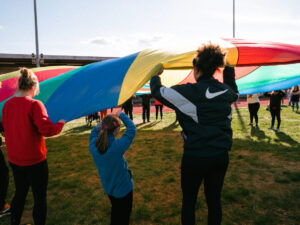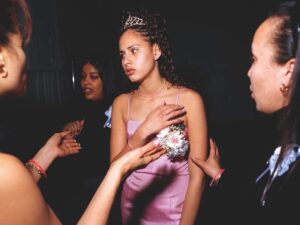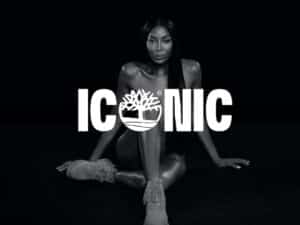Our generation is undergoing a Poetic Renaissance
Growing up, my encounters with poetry were rather brief, mainly limited to high school lessons. As a German student, I remember working through the lines of Goethe and Schiller; later moving to Australia, I dearly recall analyzing all of Sylvia Plath. Without really understanding why, I always knew which poetry I thought was good and which ones were not . Unlike many of my fellow students, I actually enjoyed poetry … but not so much that I would continue reading it after graduation.
Somehow I always felt poetry was this mysterious niche product which only a certain elite of higher educational circles had access to. But lately, I feel poetry is everywhere:
On the 20th of January 22-year-old, Amanda Gorman moved the world with her beautiful poem at President Biden’s inauguration T his month, Meghan Markle and Prince Harry surprised a teen poetry class by crashing their zoom meeting under the name “DoS”. Looking back, I realize that poetry has always been intertwined with pop culture. Lisa Simpson has been a huge fan of Emily Dickinson through all seasons. In an unforgettable scene from Mad Men, Don Draper recites Frank O’Hara.And let’s not forget about the 1989 film ‘Dead Poets Society’ that won an Academy Award, two BAFTAs, and a handful of Golden Globe nominations, beloved around the world.
And still, poetry feels more present today than it ever has been in recent years, and perhaps the answer to this is an evergreen: Instagram. Social media seems to have torn down the walls around a field long-perceived as highbrow, exclusive, and traditional. Social media has managed to bring poetry and pop culture closer together than ever, opening it up for young poets and readers alike. With over 52 million hastagged posts on Instagram, you’ve likely come across at least one Instapoet in your explore tab.
The new medium not only helps spread the pre-existing word, but it is also opening up younger audiences to new possibilities of modern ways to express their thoughts and feelings. What is poetry if not that?While once limited to a blank sheet of paper, poets can now present their work aesthetically, and experiment in new forms and structure. But of course these exact advantages are also the reason Instagram poets receive backlash, being accused of ruining the traditional art form, as the poet Rebecca Watts argues in her essay “The Cult of the Noble Amateur.” Others say today’s poems are simply different. Rather than tackling complex subjects, millennials have chosen a simpler approach: o ne that is rather prose-like, and an imitation of the Confessional Movement, from the likes of the poets John Berryman and Sylvia Plath.
It is safe to assume that the rise of instagram poets will surely have lasting effects on the history of poetry, literature, and digital art.



